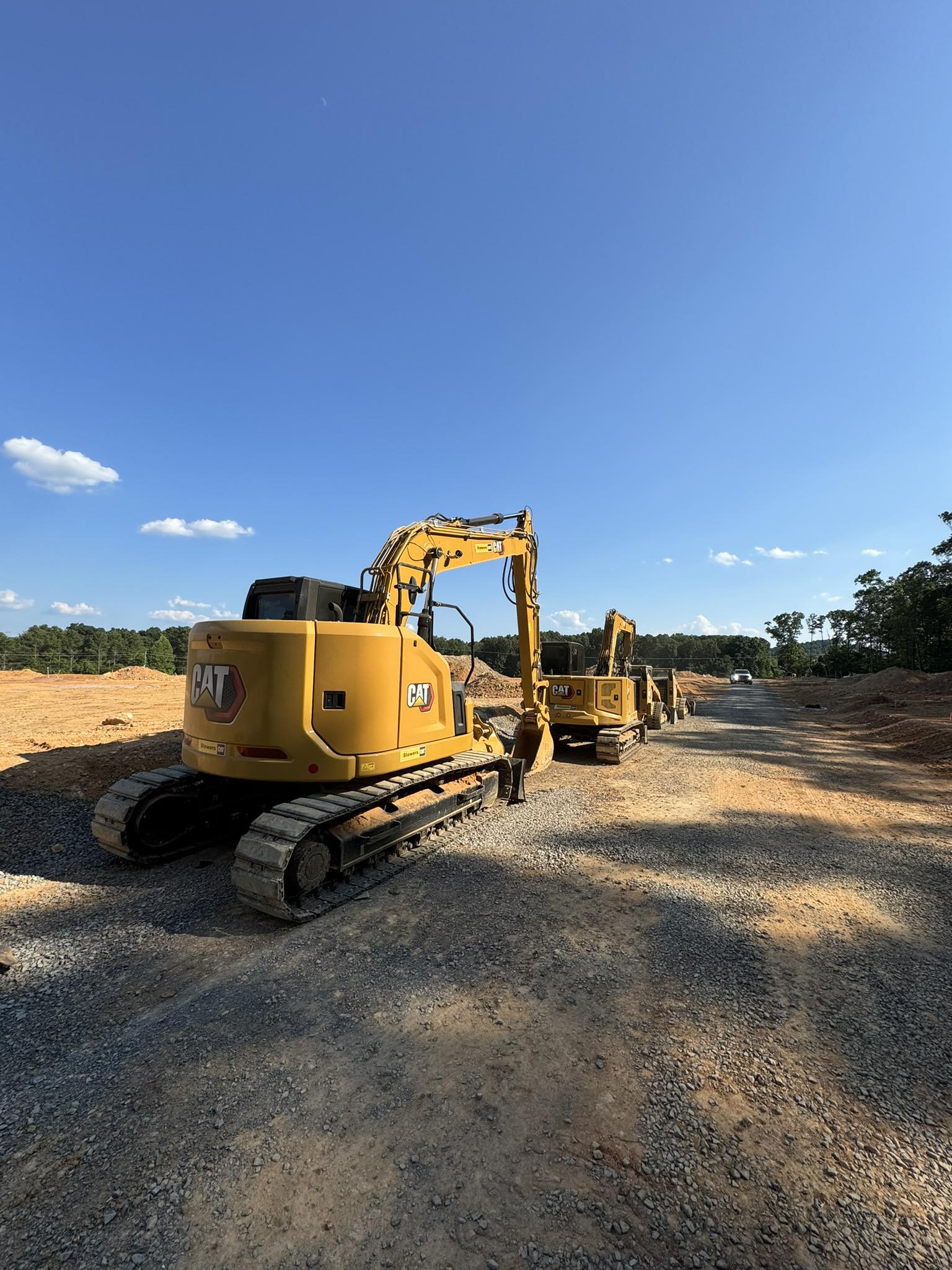
Breaking New Ground: Strategies for Successful Excavation in Rural Areas Nov 20, 2025
Excavating in rural areas demands a keen understanding of the landscape. Unlike urban settings where buildings and pavements dominate, rural sites typically feature varied terrains, including hills, valleys, and open fields. The first step towards a successful excavation project is thorough site assessment. Conducting a detailed survey helps identify potential obstacles such as rocky substrates, marshlands, or the presence of protected wildlife habitats. Leveraging technology such as GIS mapping and drone surveys can enhance precision and efficiency in this process.
Environmental considerations are paramount in rural project planning. Many rural areas are home to delicate ecosystems that must be preserved. Implementing sustainable excavation practices is not just a regulatory requirement but also a means of ensuring minimal environmental impact. This includes proper soil handling procedures, minimizing erosion through silt fencing and sediment basins, and managing stormwater effectively. Partnering with Southeast Land Services, known for their commitment to eco-friendly practices, ensures compliance with environmental standards while protecting the natural beauty of rural landscapes.
Selecting the right equipment is another critical factor. The varied terrains often found in rural areas require specialized machinery. For instance, long-reach excavators are ideal for deep digs, while compact track loaders are better suited for maneuvering through tighter, uneven spaces. Choosing the appropriate equipment for the specific challenges of the site not only boosts efficiency but also enhances safety. Regular maintenance checks can prevent breakdowns and extend the lifespan of the machinery, keeping the project on schedule and within budget.
Access challenges often accompany rural excavation projects. Infrastructure like roads can be limited or difficult to navigate with heavy machinery. It is essential to plan for transport logistics, possibly even constructing temporary access points to facilitate the movement of equipment to and from the site. Detailed logistical planning, including selecting optimal routes for transport, is key to minimizing delays and reducing costs.
In addition to logistical planning, acquiring the necessary permits is vital. Rural areas might have distinct regulations regarding land use and excavation activities. Collaborating with local authorities and ensuring compliance with all legal requirements can avoid costly interruptions. Southeast Land Services’ expertise in local and state regulations ensures that all necessary permits and documentation are obtained efficiently, allowing your project to proceed smoothly.
Community engagement can also play a significant role in the success of an excavation project in rural areas. Keeping local residents informed about the project timeline and addressing any concerns they may have can foster goodwill and cooperation. Hosting informational meetings or distributing brochures about the project's benefits and safety measures can aid in gaining community support.
In conclusion, successful excavation in rural areas hinges on a strategic blend of careful planning, the right technology, and community collaboration. By understanding the unique challenges presented by rural landscapes and leveraging the expertise of companies like Southeast Land Services, project managers can ensure their excavation projects not only meet their objectives but do so efficiently and responsibly. Whether you're breaking new ground or enhancing existing infrastructures, adopting these strategies will pave the way for success in rural excavation endeavors.
/filters:no_upscale()/media/fc0c6c98-a315-44c2-a232-b8ba9cdbd1e5.jpeg)
/filters:no_upscale()/filters:format(webp)/media/a9dead03-2ff7-4370-b41b-bb826dc6cdb8.jpg)